As 2024 progresses, it’s essential for everyone, from individual taxpayers to business owners, to have a clear understanding of the tax year.
As you might already know, the tax year runs from 6 April until 5 April, but there’s more to it than that.
This guide will cover essential dates affecting your financial planning and tax responsibilities.
The tax year: a crucial milestone
The tax year doesn’t coincide with the conventional calendar year. Instead, it runs from 6 April one calendar year to 5 April the following year.
Originally, the UK’s tax year began on Lady Day (25 March), one of England’s four traditional quarter days. However, in 1752, Britain adopted the Gregorian calendar, replacing the Julian calendar.
This adjustment of 11 days aligned with the new calendar system. To avoid losing tax revenue for that year, the British government extended the tax year by 11 days, shifting the end of the tax year to 5 April. This date has remained the same since then.
Implications for individuals
The tax year conclusion has far-reaching implications for individuals, from completing self-assessment tax returns to managing personal finances.
1. Self-assessment tax returns
For sole traders, the conclusion of the tax year signals the commencement of the self-assessment tax return process. If this applies to you, you’ll provide detailed information about their income, expenses, and applicable deductions or allowances. Accurate reporting is essential to ensure compliance with tax regulations and minimise tax liabilities.
Planning ahead of this date is best to avoid any last-minute rushes. You should also assess your financial situation, explore tax-efficient investment options and consider ways to optimise your tax positions for the year ahead. Engaging with tax professionals can be particularly beneficial in reducing self-assessment tax burdens.
2. Pension contributions
The tax year-end is a critical deadline for those looking to make pension contributions. Contributions made before 5 April can often be utilised to reduce taxable income, leading to potential tax savings. Maximising pension contributions within legal limits is a financial strategy worth leveraging.
Implications for businesses
Here are the implications of the end of the tax year for businesses:
- Payroll and employee benefits: Businesses must finalise any payroll adjustments before the tax year ends on 5 April. This includes finalising contributions to employee pension schemes and preparing for the issuance of P60 forms to employees, summarising their annual earnings and deductions.
- Benefits in kind (P11D): If the business provides non-cash benefits to employees, such as company cars or health insurance, they need to prepare P11D forms. These forms, which report the value of benefits in kind, are due by 6 July but relate to the tax year ending 5 April.
- Dividend planning for Limited Companies: Limited companies may consider the timing of dividend distributions in relation to the tax year end, as it can impact the personal tax liabilities of shareholders and directors.
- Strategic review and planning: The end of the tax year can also serve as an opportunity for businesses to review their financial performance and set objectives for the upcoming year, considering both past achievements and future growth opportunities.
Other key dates across the tax year
In addition to the financial year itself, there are several other key dates in the tax calendar to be aware:
- 31 January: This is the deadline for online self-assessment tax returns for the previous tax year. It’s also the deadline for paying any tax you owe in the prior tax year.
- 5 October: The deadline to register with HMRC is if you have yet to file a tax return and have new income or capital gains on which tax is due.
- 31 October: Deadline for paper self-assessment tax returns.
- 31 July: This is the second ‘payment on account’ deadline for the previous tax year (for those who make advance payments against their tax bill).
- 31 December: Deadline to submit online tax returns if you want HMRC to automatically collect tax owed from your wages and pension.
Summing up
Whether you’re an individual seeking to manage your personal finances or a business submitting annual accounts, the tax year is pivotal to the financial calendar.
At Almar BSL, we’re committed to sharing knowledge and providing expert guidance to our clients.
As we embrace the beginning of 2024, we encourage you to embark on your financial journey with clarity and confidence, armed with the insights and awareness needed to navigate the tax year-end successfully.
Contact us today to learn more.







